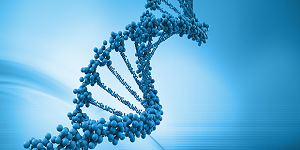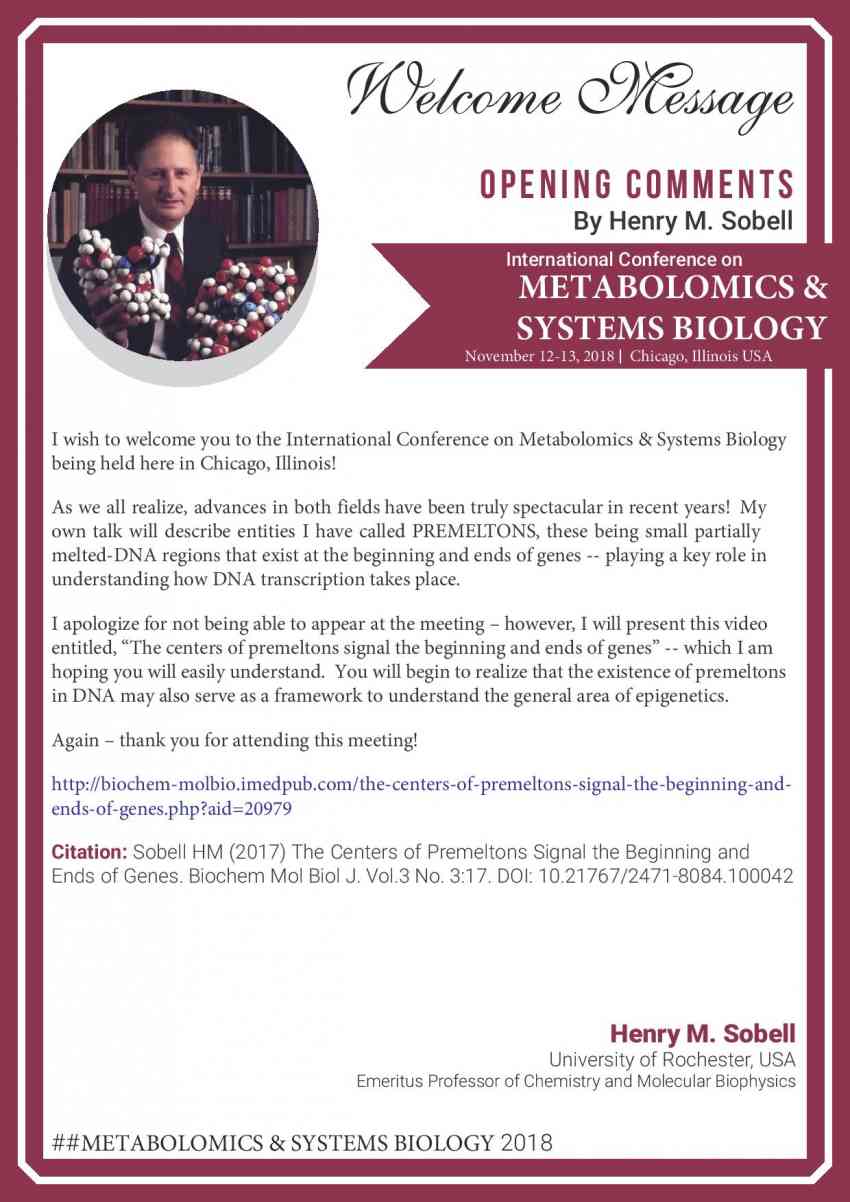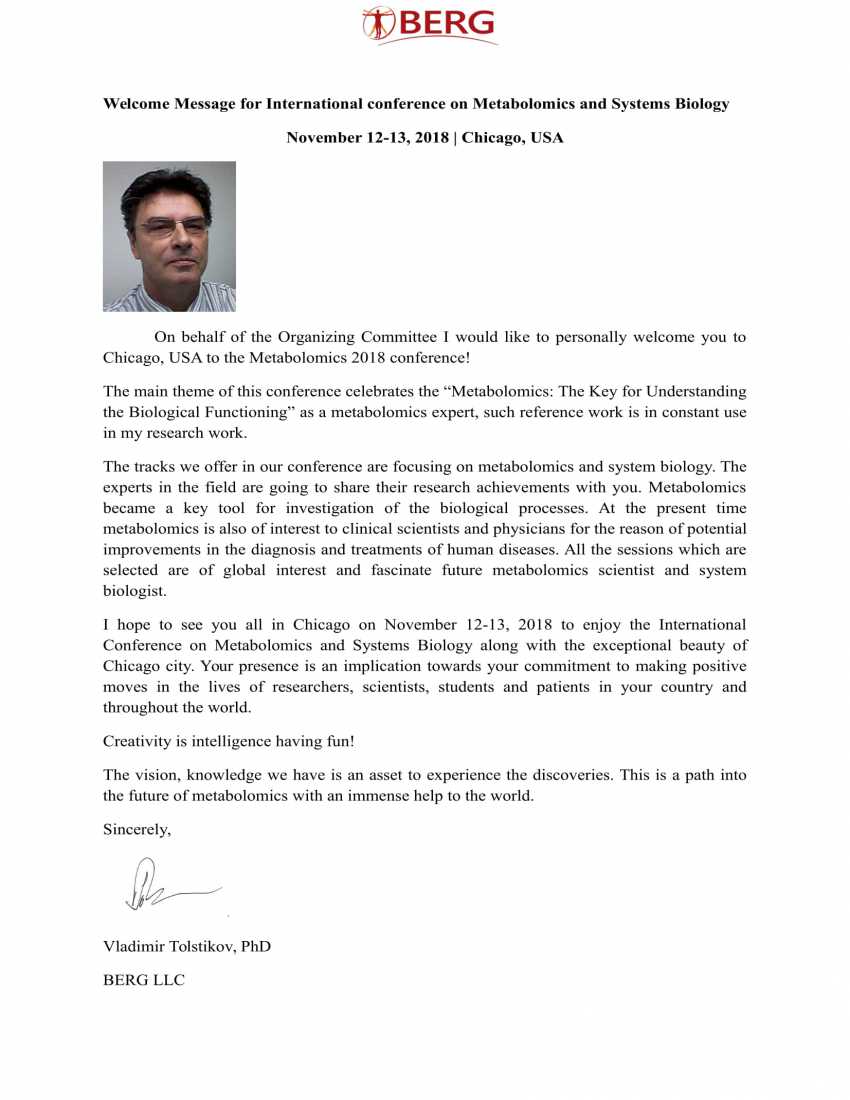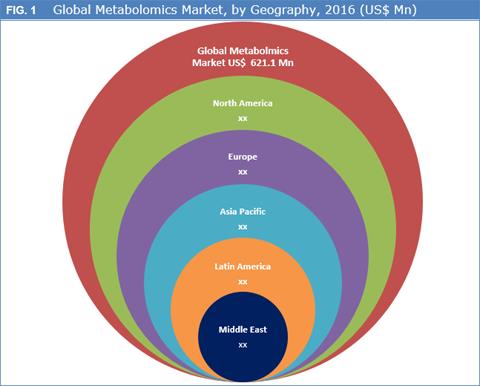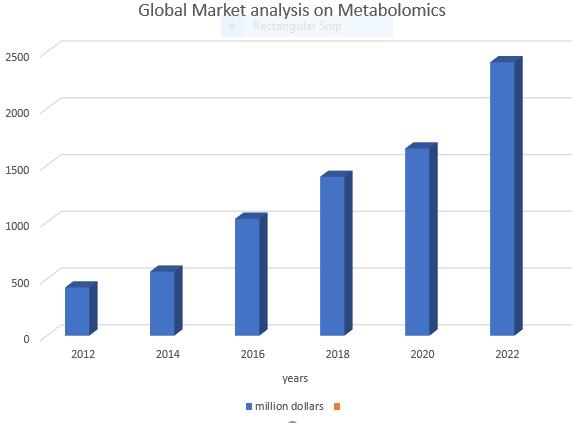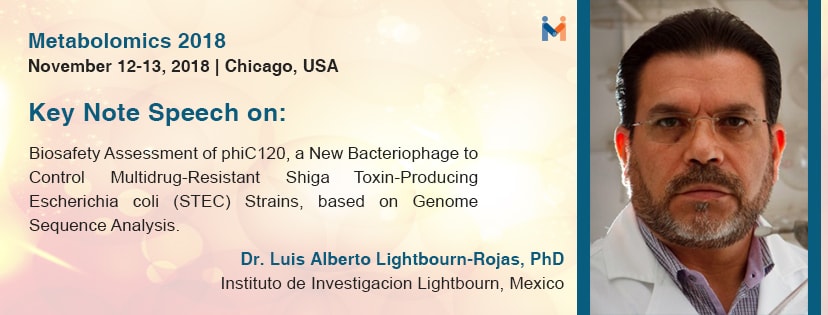Session 1: Metabolomics & Mass Spectrometry
Metabolomics research has observed an epidemic growth from last few years by installing important applications in a wide range of areas in the biological science. Mass spectrometry in combination with chromatography and nuclear magnetic resonance are the two major analytical avenues for the analysis of metabolic species in complex biological mixtures. Considering the higher sensitivity and fast data procurement, mass spectrometry plays an important role in the metabolomics field. Propelled by the need to develop simple methods to diagnose and manage the numerous and widespread human diseases, mass spectrometry has witnessed tremendous growth with advances in instrumentation, experimental methods, software, and databases. In response, the metabolomics field has moved far beyond qualitative methods and simple pattern recognition approaches to a range of global and targeted quantitative approaches that are now routinely used and provide reliable data, which is still greater confidence in the derived inferences.
Session 2: Metabolomic Modelling
The newly emerging field of systems biology involves a judicious interplay between high-throughput ‘wet’ experimentation, computational modeling and technology development, coupled to the world of ideas and theory. This interplay involves iterative cycles, such that systems biology is not at all confined to hypothesis-dependent studies, with intelligent, principled, hypothesis-generating studies being of high importance and consequently very far from aimless fishing expeditions.
Session 3: Edibilomics & Lipidomics
Edibilomics has a rapid growth in the research field by using small molecule chemical profiling to support the integration of diet and nutrition in the biological system. It includes the metabolomics, study of foods for compound profiling, biomarker-detection related to food quality or safety; the development of new transgenic foods. Lipidomics researchers examine the structures, functions, and dynamics of cellular lipids and the changes that occur during the anxiety by identifying and quantifying thousands of cellular lipid molecules.
Session 4: Transcriptomics & Proteomics
Transcriptomics is the identification of genes and pathways that respond towards biotic and abiotic environmental stresses. Proteomes vary with time and distinct requirements, or stresses, that a cell or organism undergoes. Proteomics is an interdisciplinary domain that has benefitted greatly from the genetic information of the Human Genome Project. Proteomics is covering emerging scientific research and the exploration of intracellular protein composition, structure, and its own unique activity patterns. It is an important component of functional genomics.
Session 5: Metabolomics Syndrome
Type 2 diabetes and cardiovascular disease are two major risk factors of metabolomics syndrome. Insulin resistance is the diminished ability of cells to respond to the action of insulin in transporting the sugar glucose, from blood into muscles and other tissues. Type 2 diabetes is caused by insulin resistance. The metabolic factors like insulin resistance, blood sugar (hypertension), cholesterol abnormalities and an increase in the risk of blood clotting. Affected individuals are most often overweight or obese.
Session 6: Metabolomics in Drug Discovery
From lead compound discovery to post-approval drug supervision, metabolomics can find applications which can do the full length of the drug discovery and development pipeline, Metabolomics can be used to improve biomarker identification (for monitoring disease status and drug efficacy) and to monitor drug metabolism and toxicity. Other applications are including the use of metabolomics to facilitate clinical trial testing and to improve post-approval drug monitoring.
Session 7: Metabolomics in Cancer Research
The tools of metabolomics are also being used to gain more fundamental knowledge about Oncology and cancer therapy. These tools can help in identifying tumor staging and assessment of treatment efficacy. Metabolism has recently been acknowledged as a key hallmark of cancer.
Session 8: Clinical & Precision Medicine Metabolomics
The new field of precision medicine is reforming the current medical practice and helps in transforming future medicine. Precision medicine aspires to put the patient as the central driver of healthcare by broadening biological knowledge and acknowledging the greater diversity of individuals. Predicting normal and pathological states in patients requires a dynamic and systematic understanding of these interactions. Systems medicine is a new concept based on holistic approaches for disease diagnosis and monitoring.
Session 9: Diagnostic Biomarkers in Metabolomics
Metabolomics research tool for measuring small molecule metabolites are searching for biomarkers which can be used in diagnosing the diseases. The metabolomics designs and analytical protocols can serve as an effective tool for cancer research Metabolomics application has a great potential in predicting and diagnosing the diseases by improving the tools in the future.
Session 10: Data Analysis & Systems Biology
Collecting genomic data of DNA and RNA sequence is an important part of biomedical research. This gives the new challenge to find the efficient and effective ways to analyze data and their ability in functioning the biological systems. Computer science techniques, statistics, are utilized to know the relationships among genes which develop predictive models to identify factors within cell regulatory networks that are important in generating specific phenotypes.
Session 11: Xenobiotics
On a daily basis, drugs, environmental pollutants, cosmetics, and heavy metals in the diet are being used by human beings containing xenobiotics. These chemicals undergo metabolism which has a toxic effect on metabolites. They can also block the action of enzymes or receptors used for metabolism. The impact of these environmental variations on the metabolome may be positive or negative with xenobiotic metabolism.
Session 12: Plant and Environmental Metabolomics
Studying the organism-environment interactions and organism function and health at the molecular level is the main approach of plant and environmental metabolomics. It finds a number of applications in environmental sciences, ranging from understanding organismal responses to abiotic pressures, to investigate the responses of organisms to another biota. The interaction of the individuals, which is related to the eco-physiology and ecology, has some instantaneous effects on genetic adaptation over evolutionary timescales.
Metabolomics Market Research
The utilization of metabolomics gives a complete understanding of drug discovery, cancer therapy, precision medicine, and clinical trials. The market value is emerging because of the development of clinical diagnosis and precision medicines.
Importance and Scope
Metabolomics evolved from the traditional profiling techniques combined with the idea to study organisms or biological systems as an integrated system of interacting metabolites, proteins and genes in pathways and cellular processes. Reliable, quantitative analytical methods are essential for correct biological interpretation of metabolomics data. Comparing with other functional genomics technologies, such as transcriptomics (global analysis of gene expression) and proteomics (measure the complete proteome), metabolomics involves the equitable quantitative and qualitative analysis of the complete set of metabolites present in cells, body fluids, and tissues. Metabolomics is increasingly used in a variety of applications in microbiology, plant and medical science (pharmacology, clinical chemistry). Metabolomics can be used to improve the production of a biochemical in a microbial production process; by determining the production process, or improving the environmental conditions for growth. Metabolomics involves the study of diseases in clinical studies or studies using animal models. By comparing the metabolomes of healthy and diseased subjects, possible biomarkers for the disease can be identified, or new vision can be gained in the development of progression of a disease.
Global Metabolomics Market Share by Geography
Regional segmentation of the metabolomics market comprises North America, Europe, Asia Pacific, Latin America, Middle East, and Africa. North America accounts for the largest market share in the market, mainly due to presence of easy availability to technologically advanced products and the presence of a large number of leading metabolomics manufacturers in the U.S and Canada.
Global Metabolomics Market at a glance
The global market for
metabolomics was valued at $712 million in 2012 and valued at $1,379 million in 2016 and reached nearly at $1.4 billion in 2017, and is estimated to reach $3,301 million by 2023 by registering a Compound annual growth rate (CAGR) of 13.2% to 14.2% from 2017 to 2023. By 2025 the global metabolomics market is expected nearer to $2.5 billion by considering the increase in personalized medicines, rapid development in pharmaceutical and biotech sectors, drug assessment, biomarker discovery and increase the vogue of target diseases, and rising demand for toxicology technologies.
The
metabolomics market products (GC, HPLC, UPLC, NMR, Mass Spectrometry, Surface-based mass analysis, Bioinformatics), Application (Biomarker, Drug Discovery, Nutrigenomics, Toxicology), Indication (Oncology, Cardiology, Inborn errors) valued $1.03 Billion in 2016 in global metabolomics market. This market is expected to grow at a CAGR of 14.6% during the forecast period (2016–2021) to reach $2.39 Billion by 2021.
Funding for Metabolomics Research
Metabolomics research has numerous benefits which led various government agencies to make their major investments in research and development to support the growth of the novel approach.
In 2012, the National Institutes of Health (NIH) invested US$14.3 million and stated that it would potentially fund more than $ 51.4 million over the following five years, which would be a fast-track move to support the development of the emerging field of biomedical research known as metabolomics.
The NIH has also invested $7 million in the three regional centers of Comprehensive Metabolomics Resource Cores and invested $2 million in Data Repository and Coordination Centre. It further proposed to invest US$ 6 million over the following five years.
The NIH has provided $10 million in new funding to support three new Comprehensive Metabolomics Centres at Mayo Clinic, the University of Kentucky, and the University of Florida.
NIH provided $14.3 million to fund the launch of three other metabolomics resource centers at the University of Michigan, the Research Triangle Institute, and the University of California, USA.
Metabolomics and Systems Biology Related Associations Worldwide
-
American Association for the Advancement of Science (USA)
-
American Association for Clinical Chemistry (USA)
-
American Association for Cancer Research (USA)
-
American Association of Pharmaceutical Scientists (USA)
-
American Cancer Society (USA)
-
The Canadian Society for Systems Biology (North America)
-
Bioinformatics society of India (India)
-
The British Society for Genetic Medicine (UK)
-
Metabolomics Society (USA)
-
Netherlands Metabolomics Centre (Netherlands)
-
Cambridge Metabolomics Forum (UK)
-
Metabolic Profiling Forum (UK)
-
The International Society for Systems Biology (ISSB) (USA)
-
ISCB - International Society for Computational Biology (USA)
-
Society for Systems Biology & Translational Research (India)
-
Institute of Molecular Systems Biology (Switzerland)
-
The Genetics Society(UK)
-
European Federation of Biotechnology (Switzerland)
-
Australasian Proteomics Society (Australia)
Global Universities Associated with Metabolomics
-
The University of Melbourne (Australia)
-
Osaka University (Japan)
-
Queen Mary University of London (UK)
-
University of Glasgow (Scotland)
-
Cardiff University (UK)
-
University of Illinois (USA)
-
University of Manchester (UK)
-
Northumbria University (UK)
-
University College Dublin (Ireland)
-
Swansea University (UK)
Major Companies Related to Metabolomics
-
Phenomenome Discoveries Inc. (Canada)
-
Agilent Technologies, Inc. (USA)
-
Thermo Fisher Scientific, Inc. (USA)
-
Bruker Corporation (USA)
-
Danaher Corporation (USA)
-
Shimadzu Corporation (Japan)
-
LECO Corporation (USA)
-
Biocrates Life Sciences AG (Austria)
-
Human Metabolome Technologies, Inc. (USA)
-
Waters Corporation (USA)
Why attend?
Apparently, the tremendous growth in the market of metabolomics and its technology will help in meeting the target and competition in the market. Since metabolomics is a part of ‘omics’ sciences it would be a great opportunity for companies dealing with Analytical instruments used in these fields and many upcoming students and researchers get benefit by participating world class International workshops, symposia during the conference which will be conducted by experts in their respective fields.
Why Chicago, USA?
Being the most populated city of USA, Chicago has various universities and companies which will promote the metabolomics research and help in developing the market value of metabolomics in the USA. North America accounts for the largest market in metabolomics, mainly due to the presence of easy availability to technologically advanced products and the presence of a large number of leading metabolomics manufacturers in the USA.
Conclusion
The prime aim of ‘omics’ technologies is to identify the targeted the gene products present in a biological system. The technologies have to reveal the exact properties as per the nature of those gene products. Metabolomics is the key technology for systems biology. For metabolomics gas and liquid chromatography and mass spectrometry are some reliable measurements which accurately show the identification and quantification of small metabolites. The metabolomics devices will let the world help in diagnosing the diseases like drug discovery, oncology etc. This rigorous use of metabolomics devices by the researches, medicals, and companies will help in understanding the depth of biological functioning and diagnosis of diseases.

